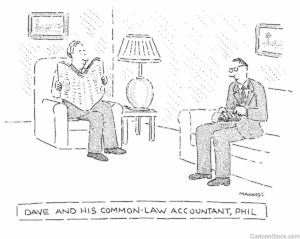Tax Wish-List
Campaign Season Edition!
Q: I borrowed $300,000 to go to law school. Now I am finally able to make a modest living but my income is “too high” to deduct my student loan interest. That’s Chutzpah!
Ellen Dershiwitz, Attorney
A: Yup! Don’t you love it? You borrow money to go to school to get a good job, then when you finally have some earning power — poof. Deduction is gone. If you are single and make more than $80,000*, chances are you won’t qualify. More restrictions here! I’ll Feel the Bern if the Senator talks up fixing that!
Q: Okay, but when I am working overtime to pay tuition for Bart and Lisa certainly I’ll be able to deduct some of that. Cause I make too little to really afford it and too much for direct aid. D’oh! Margie’s working also — who knew?
H Simpson, Springfield
A: You crack me up You didn’t know that the education credits and deductions “phase out” as your income increases? If you’re married and your tax return shows over $180,000* in income then you get nuthin — and some of the other credits have even lower thresholds. It’s a double or triple whammy. These tax breaks began under President Bill Clinton but to satisfy budget concerns they had to be limited at a lower level than many of us would like. Maybe Hillary can take up the cause?
Q: I’ve bought a two family to make ends meet, but I had to spend a lot to fix it up. Losses are good for taxes, right?
Leonna Humsley, landlady
A: Well, yes. But not always immediately. Your loss falls into the “passive income” category and is subject to the same kind of “phase-outs” that affect the other items we discussed. If your tax return shows between $100,000 and $150,000 of income* then some or all of your rental losses may be “suspended.” They will accumulate until either your taxable income goes down, you generate “passive income” to offset the losses, or you sell the property. Maybe that real estate mogul running for President can put this on his radar.
There are other examples as well — the child tax credit, for example. The tax code did not spring to life yesterday and its provisions are the results of political pressures and horsetrading over decades, so contradictions are no surprise. Want a capital gains tax cut? Well then the educational benefits have to be reduced. And it’s helpful to know the history — for instance there was a time when you could not deduct any student loan interest at all.
My overall lessons? The tax code is not going to pay for your education. And when considering investment decisions like buying a two family, make sure you understand the tax complexities.
* these thresholds apply based on your modified adjusted gross income.






